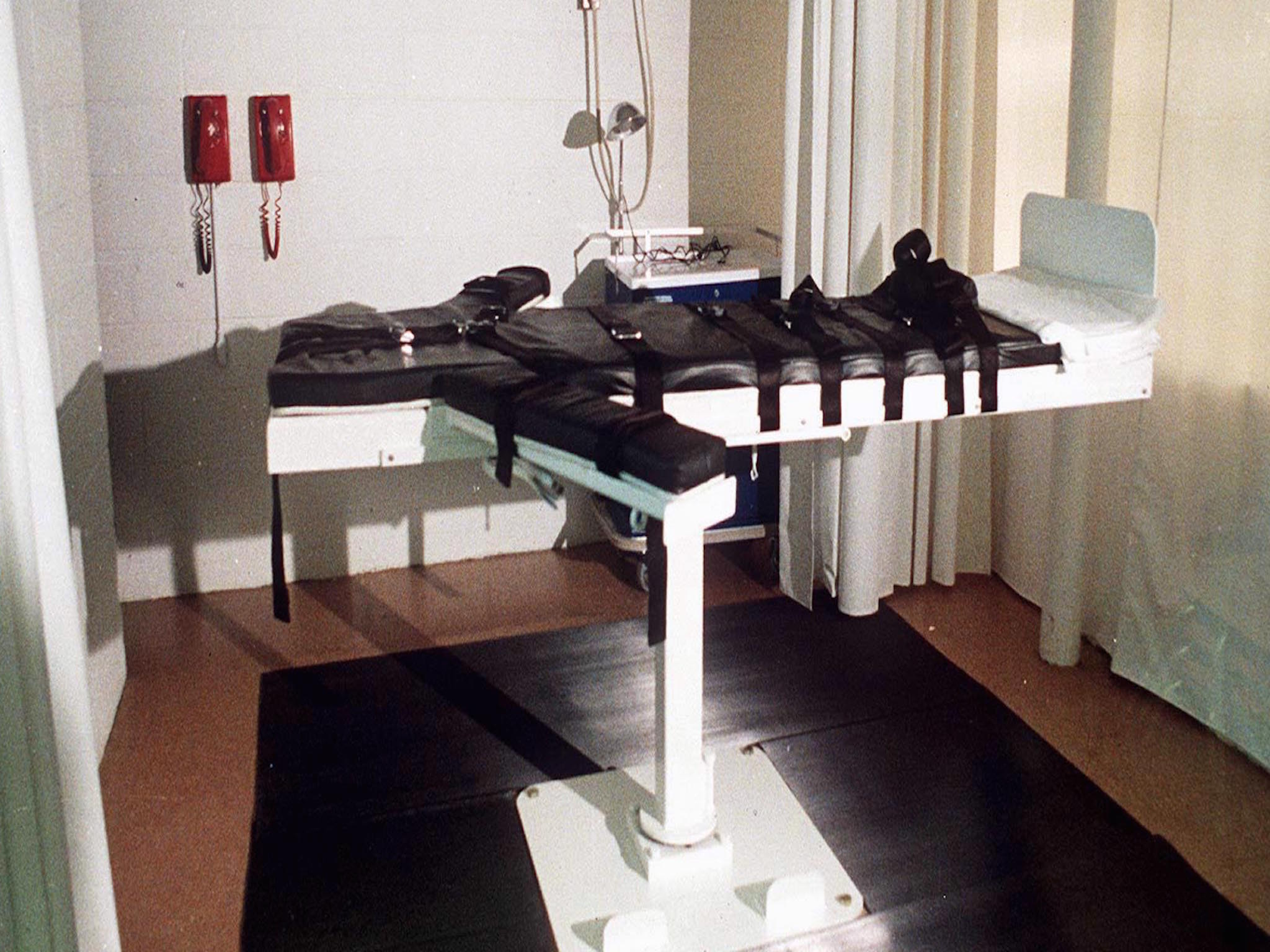Florida court considers commuting 400 death sentences
The consideration comes after a ruling earlier this year by the US Supreme Court

More than 400 inmates on death row could have their sentences commuted to life in prison, as a high level court in Florida considers whether the system is unconstitutional.
Earlier this year, the US Supreme Court in Washington DC, ruled that Florida’s death sentencing system gave too much deference to judges, rather than juries.
As a result of this, lawyers for convicted Timothy Lee Hurst have argued before the Florida state supreme court, that his sentence should be reduced, given that the system that sentenced him to death had been found to be in breach of the constitution.
“I represent Timothy Hurst. As for him, he should get a life sentence. I’m going to leave it to the Supreme Court and other lawyers to sort out how much retroactivity it gets,” Hurst’s lawyer, David Davis, told the court on Thursday, according to the Associated Press.
Hurst was convicted of the 1998 murder of his manager at a Pensacola Popeye's restaurant. A jury voted 7-5 in the favour of death, and the judge agreed and imposed the sentence.
The Florida Supreme Court did not immediately rule on Mr Davis’ request, and will use the arguments to help decide whether to reduce Hurst’s sentences, and perhaps those of the state's 389 death row inmates.
Two executions have been halted since the Supreme Court’s ruling in January, and lawyers for those inmates have asked the court to impose life sentences for all inmates sentenced to death under the state's old system.
Florida Assistant Attorney General Carine Mitz argued that Hurst should not receive a life sentence. She said the U.S. Supreme Court's ruling didn't declare the death penalty unconstitutional, just the sentencing process.
According to the news agency, she said that if Hurst’s death sentence was dismissed, he should get a new penalty trial.
The debate was the second round of oral arguments in Hurst's case, an extremely rare move for the court that shows the gravity of its forthcoming decision, said University of Florida Levin College of Law professor Teresa Reid, a death penalty expert.
“If the court accepts Hurst’s interpretation of [Florida law], then Hurst and others on death row would have their cases remanded and life sentences imposed,” she said.
Since January’s US Supreme Court ruling, Florida passed a new law that requires at least 10 of the 12 jurors to recommend execution. Under the new law, prosecutors must also explain to jurors why the death penalty is the appropriate punishment before a murder trial begins, and the jury has to decide unanimously if at least one “aggravating factors” justifies it.
Nancy Daniels, who is Leon County’s public defender, said she thought that the state has conceded that 50 prior cases were going to need to be remanded for life sentences, but added that she did not know what those cases were and that great uncertainty remains after the Florida Legislature passed new sentencing schemes for the death penalty.
“That’s one of the hardest thing about the whole situation because the new statute says it is prospective only and that leaves a gap on what all the pending cases should be. We thought there might be more discussion on that today,” she said.
Subscribe to Independent Premium to bookmark this article
Want to bookmark your favourite articles and stories to read or reference later? Start your Independent Premium subscription today.

Join our commenting forum
Join thought-provoking conversations, follow other Independent readers and see their replies